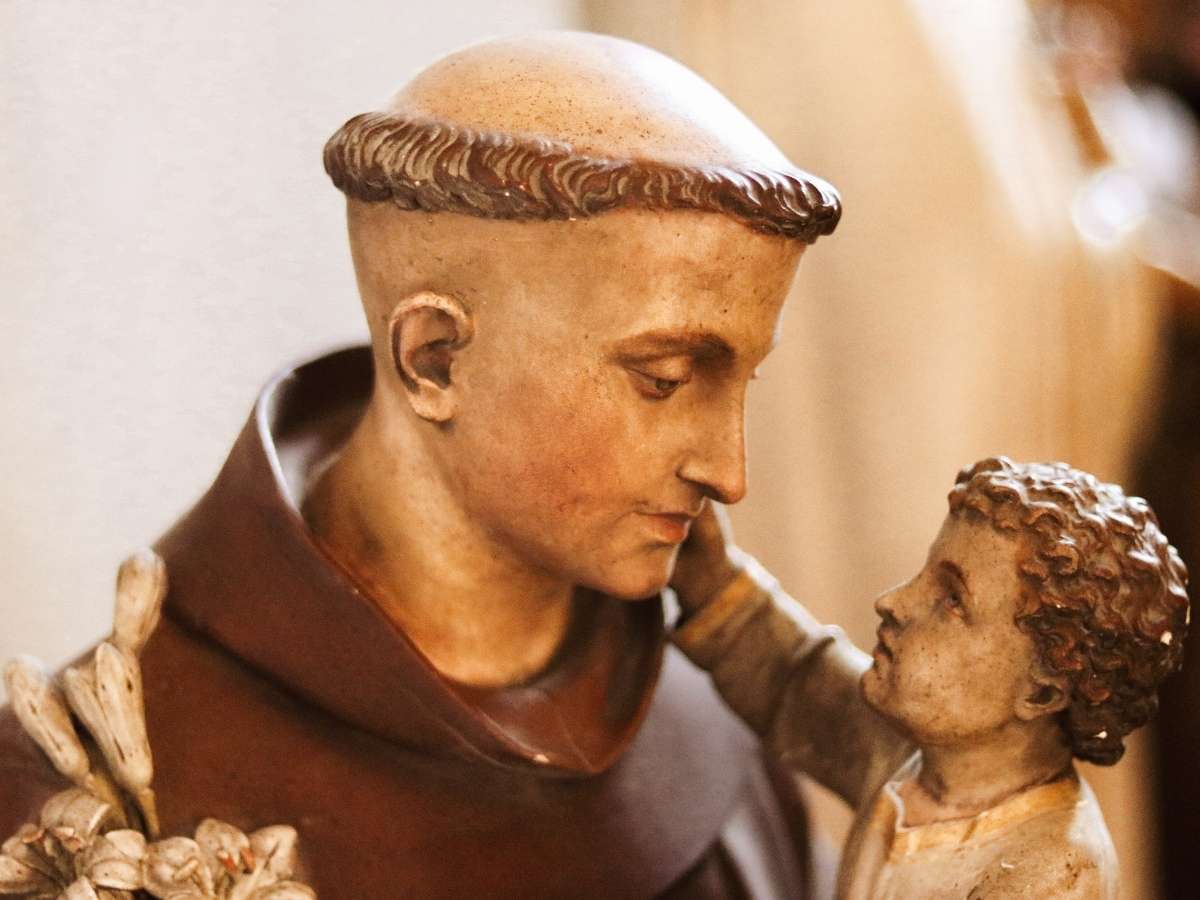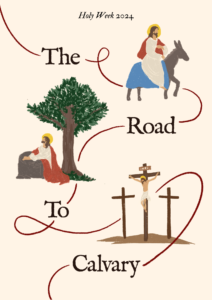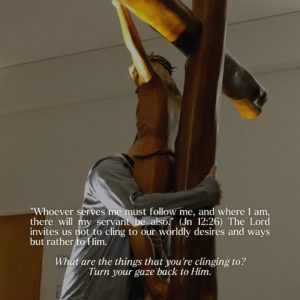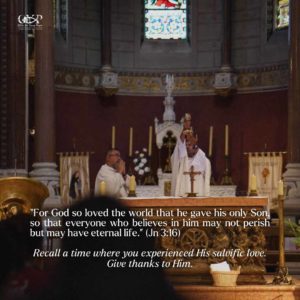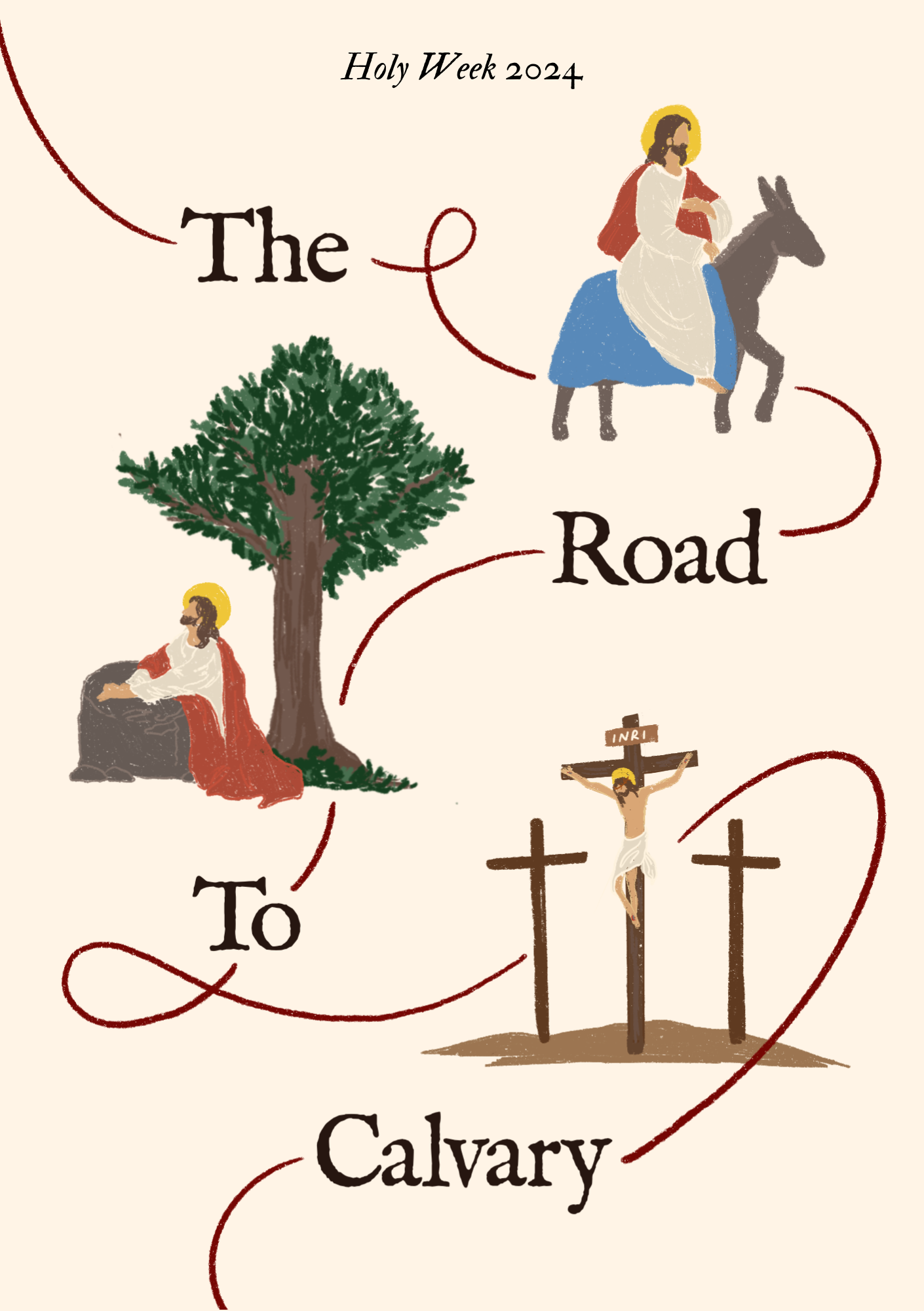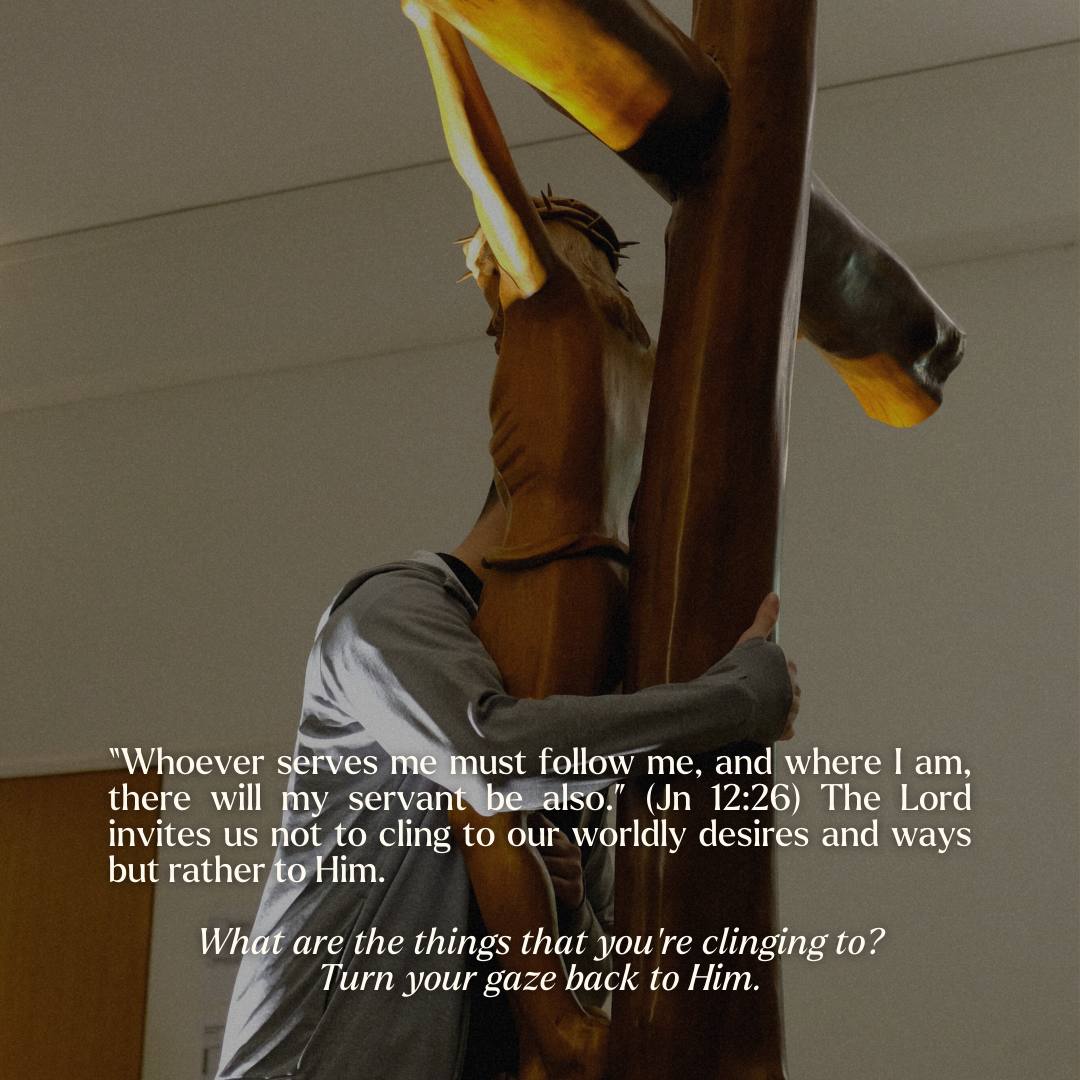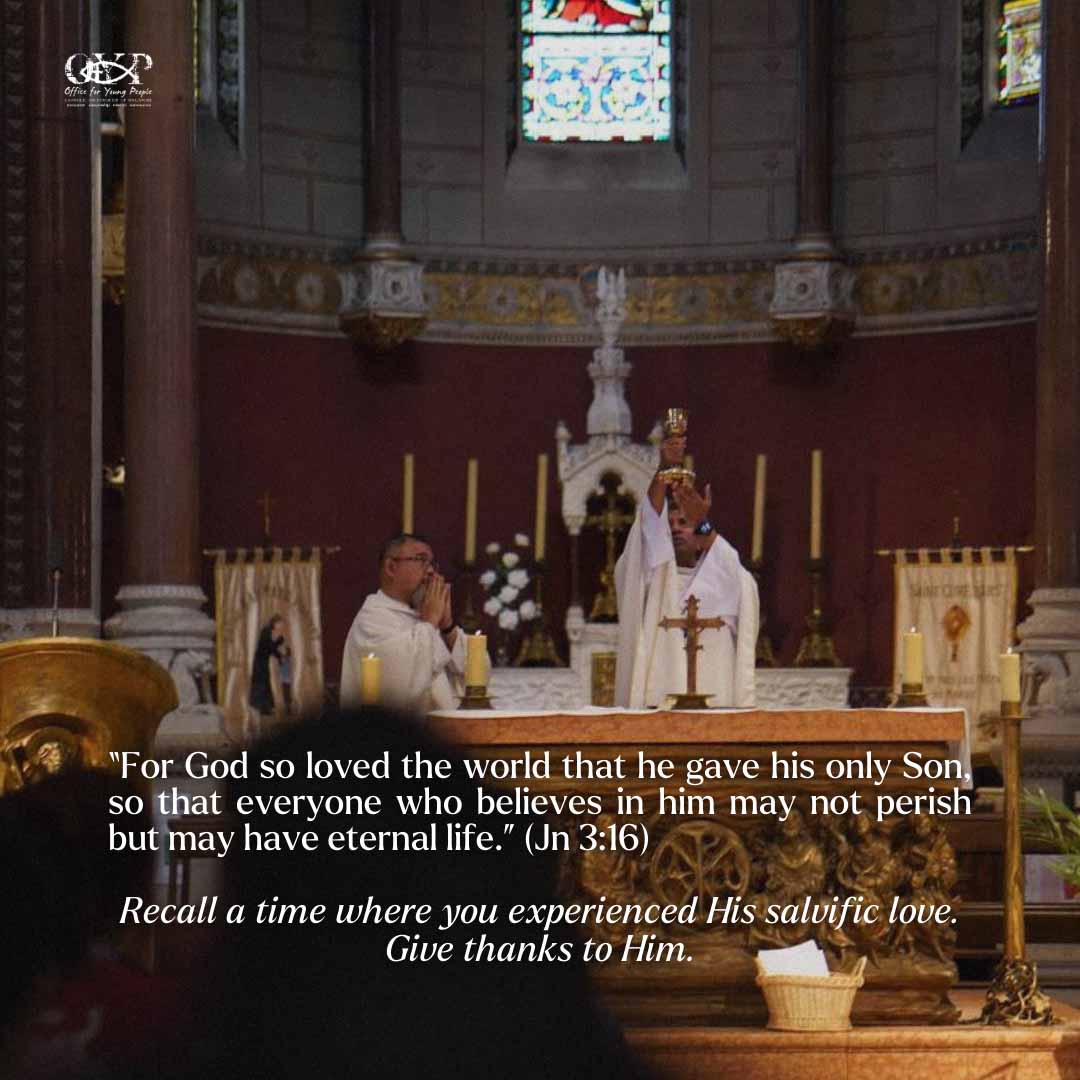By Patricia Choo
Saint Anthony, best known as the saint for lost things, was born Fernando Martins de Bulhões in Lisbon, Portugal. He grew up in a wealthy family and was raised in church. At the age of fifteen he asked to be sent to the Abbey of Santa Cruz in Coimbra. He joined the Augustinian canons and became a priest. Years later, when the Franciscan friars settled a small hermitage outside Coimbra dedicated to Saint Anthony of Egypt, Fernando felt drawn to join them. He eventually received permission to leave the Abbey so he could join the new Franciscan Order. When he was admitted, he changed his name to Anthony.
Anthony then went on mission to Morocco to spread the Word of God, but fell ill and was sent to return back to Portugal to recuperate. However, his journey back took a turn and he ended up in Sicily, where he then travelled to Tuscany. Anthony was assigned to the hermitage of San Paolo after local friars considered his health instead of missionary work.
In his time spent recovering, Anthony spent his time praying and studying.
On one occasion, the Dominican friars came to visit the Franciscans and there was a mix-up over who would present the homily. The Franciscans expected the Dominicans to provide the Homily because they were known to be good at preaching, while the Dominicans expected the Franciscans to provide one since they were hosting. It was then the head of the Franciscan hermitage asked Anthony to speak on whatever the Holy Spirit told him to speak of, which he humbly agreed even without prior experience. It was here that he won great admiration as a preacher and was noted for his simple yet profound teaching of the Catholic faith.
Francis of Assisi became aware of Anthony’s gift and entrusted his friars’ pursuits of studies to Anthony. Anthony had a book of psalms that contained notes and comments to help when teaching students which he had hand-copied by himself, written in a time when a printing press was not yet invented, thus he valued it greatly.
When a novice friar decided to leave religious life, he stole Anthony’s valuable book, hoping to fund his new life with the money acquired from selling the book. Anthony discovered it was missing, and he prayed it would be found or returned to him. Anthony’s prayers gained the conversion of the apostate friar who decided to return to the Order and the recovery of the manuscript.
Saint Anthony became the patron saint for lost articles because he has been credited with many miracles involving lost people, lost things and even lost spiritual goods.
St. Anthony saw each moment of his life as an opportunity to deepen his relationship with God, and in every unforeseen thing life presented, he chose to respond with love. He adjusted accordingly to unanticipated situations, such as receiving an invitation to preach, or even in praying for his lost manuscript. He chose to respond to the circumstances with the belief and faith that they were divine promptings to more. In his willingness to say yes, he was successful in dedicating his life to following Christ.
Moreover, he trusted that the Lord would provide him with the knowledge that he needed for his preachings, and so he spoke with great passion and firmness. He did not dwell on what others thought of him nor doubted God’s command and call for him. He simply moved in faith and left the outcome to the Lord.

